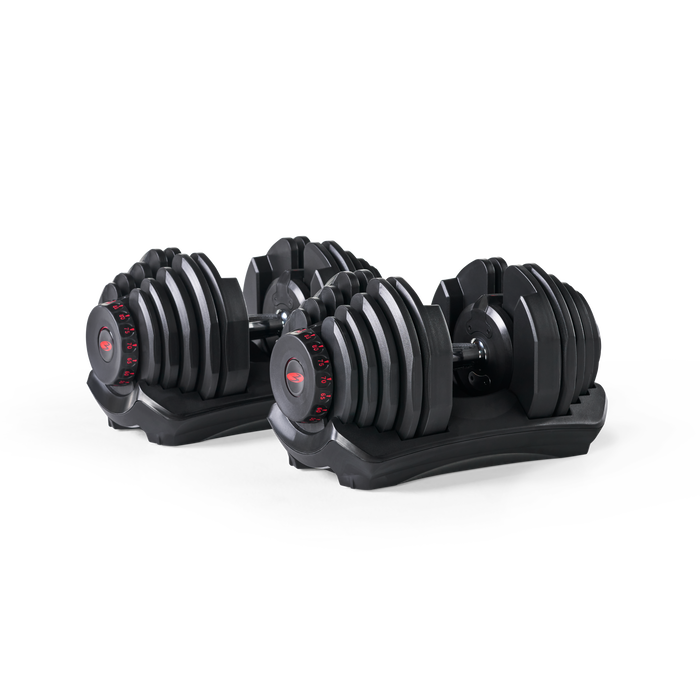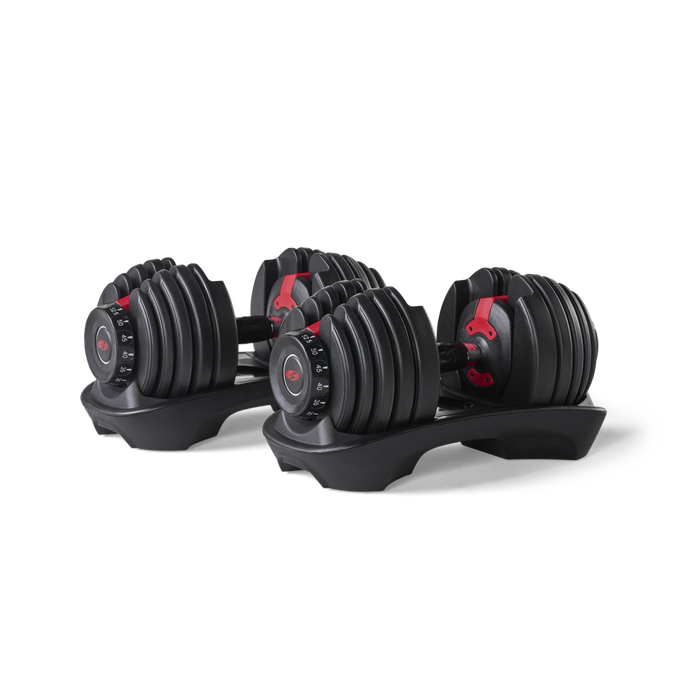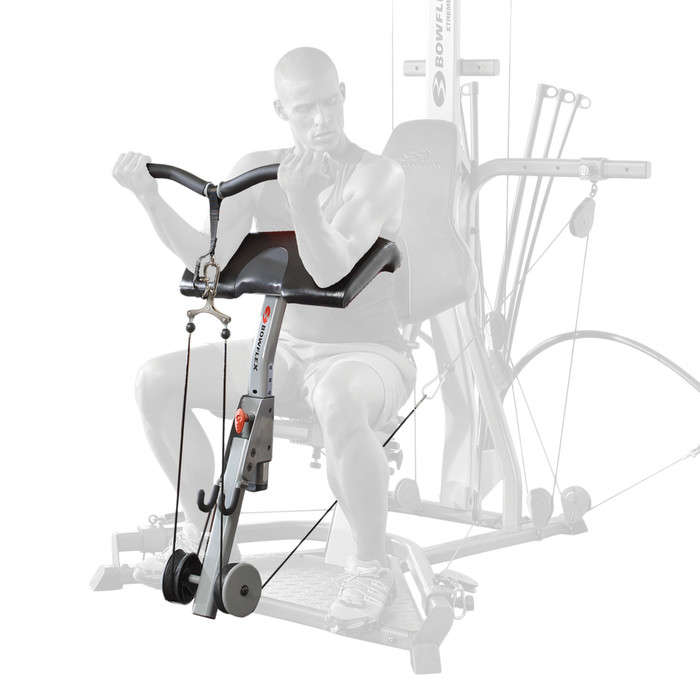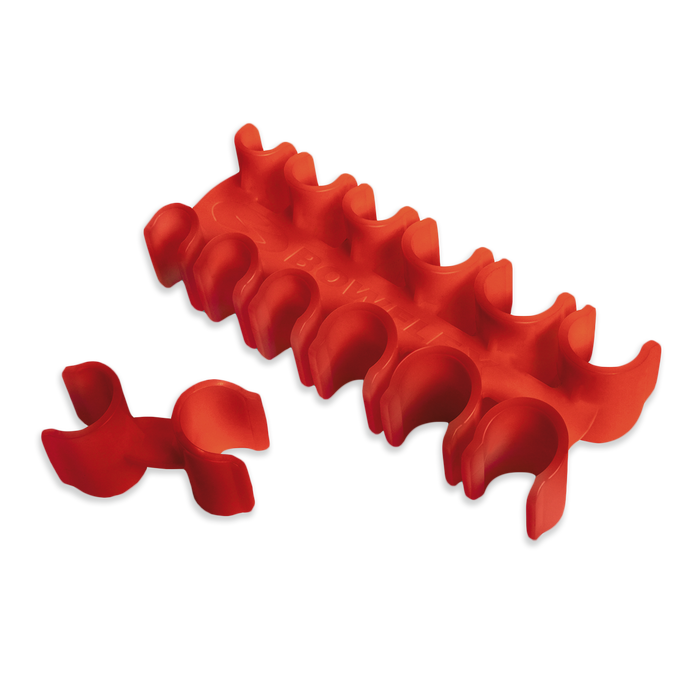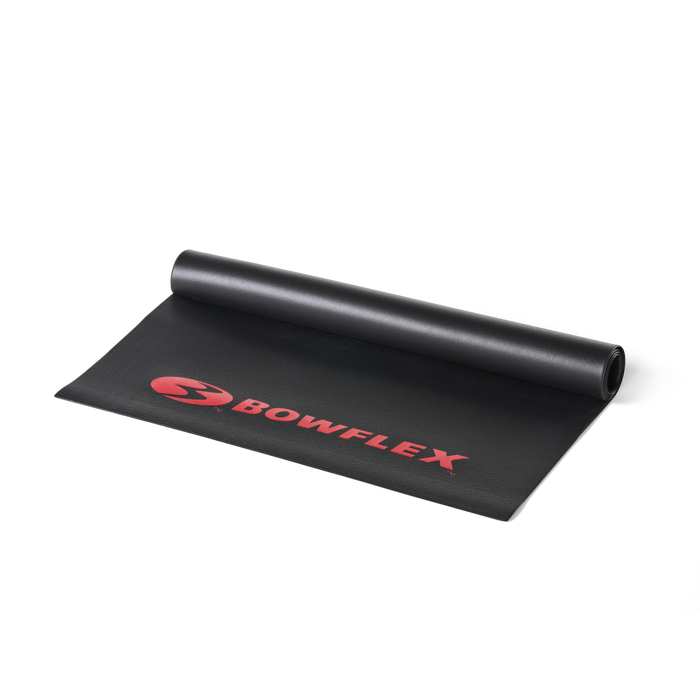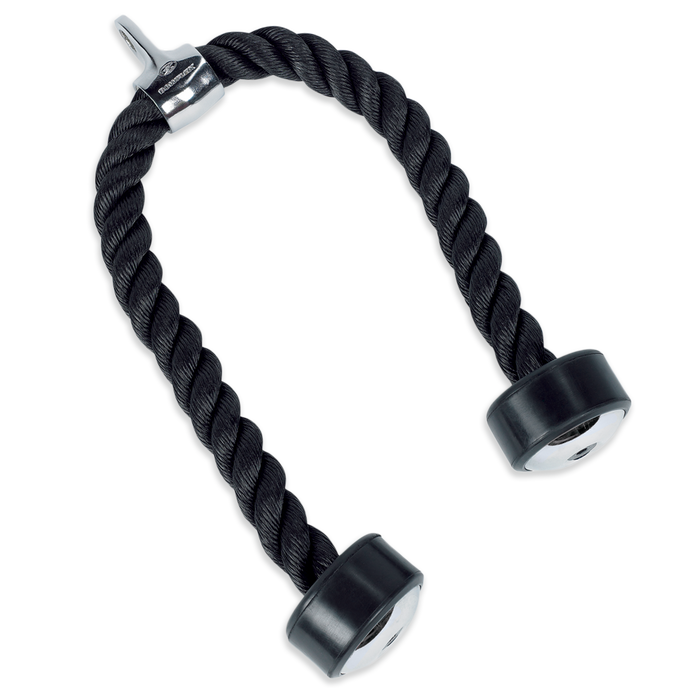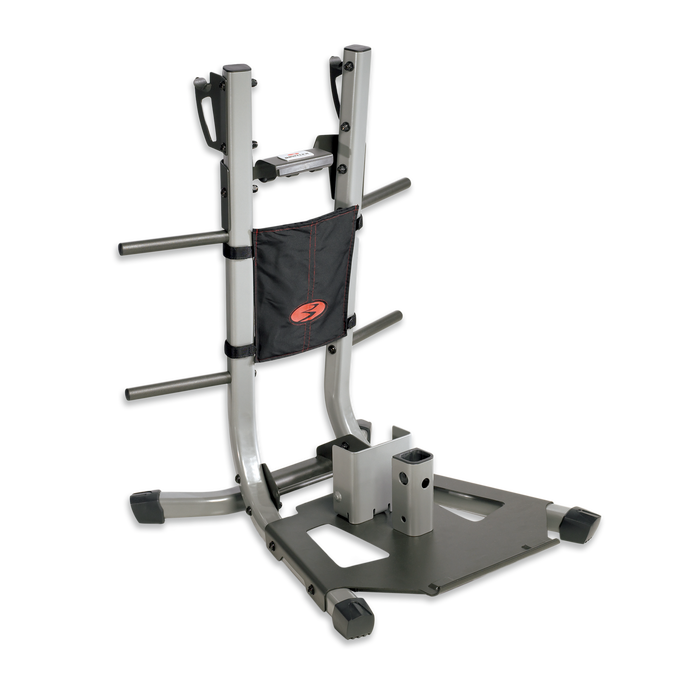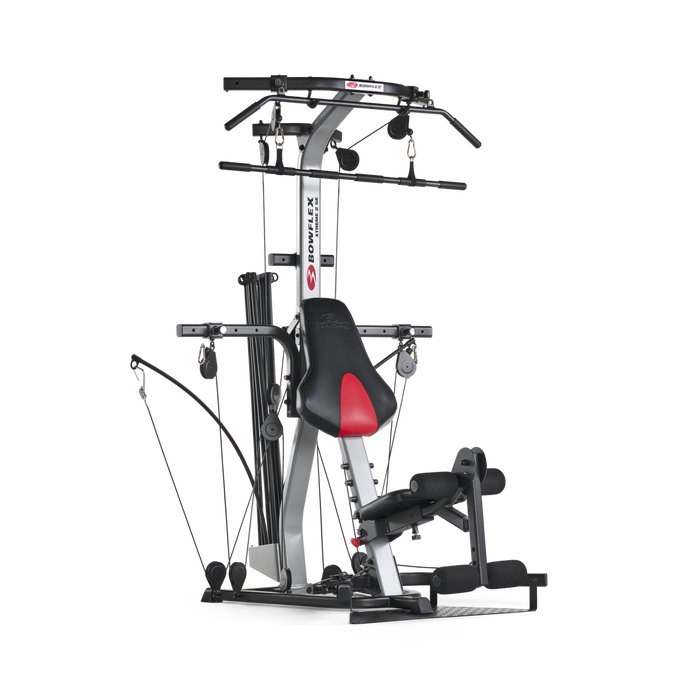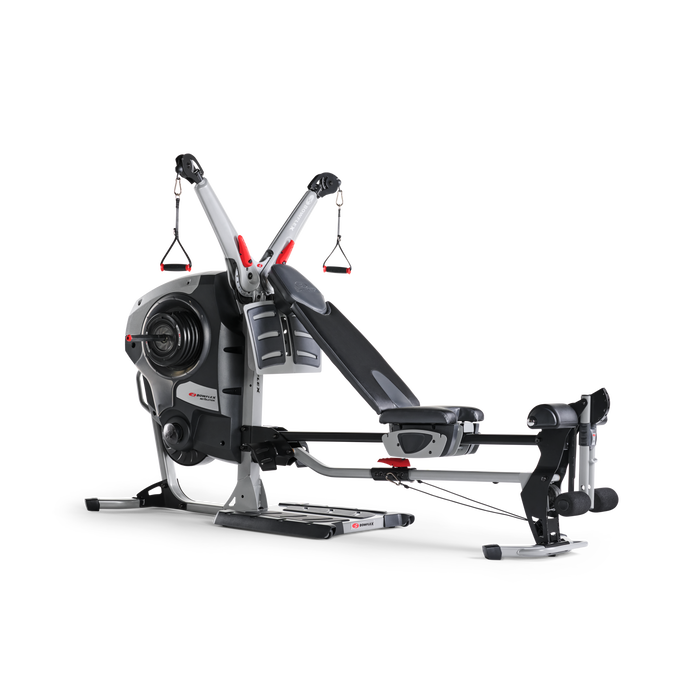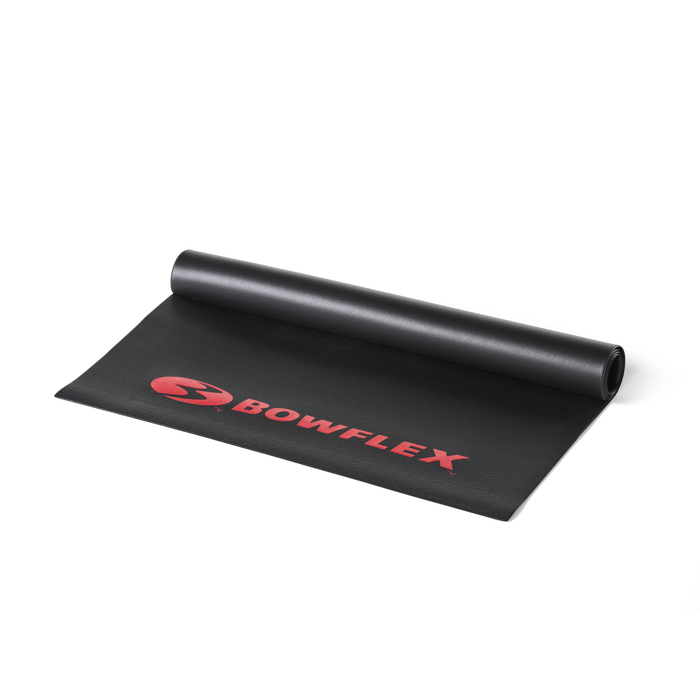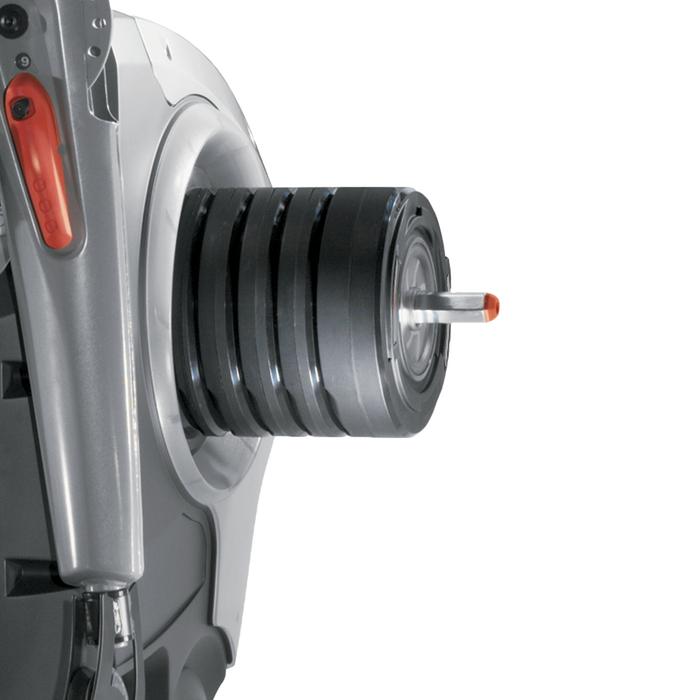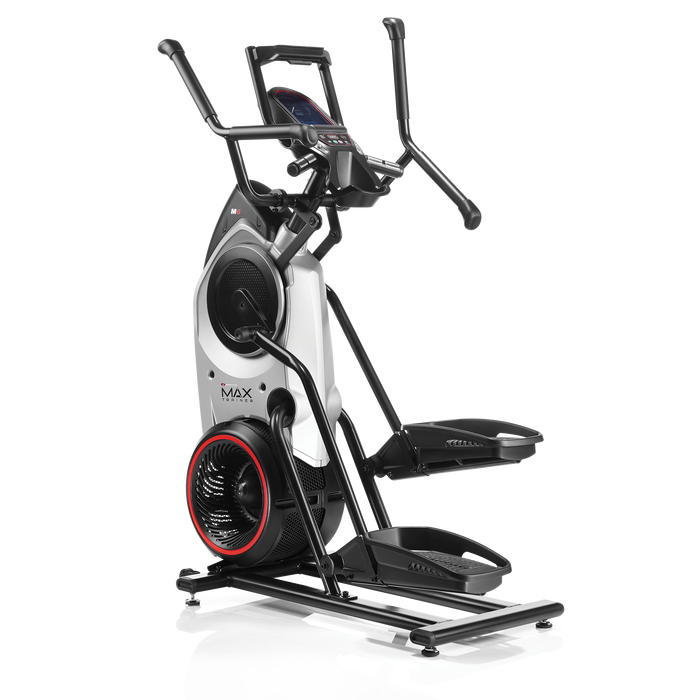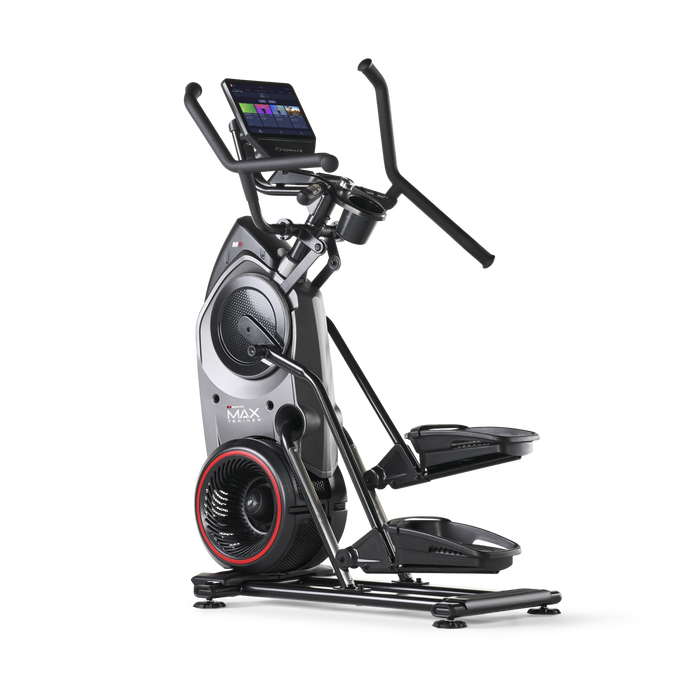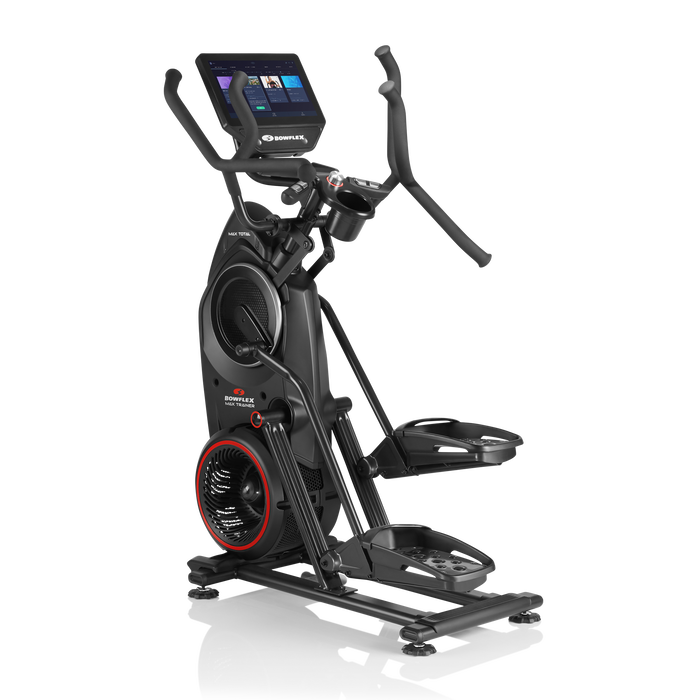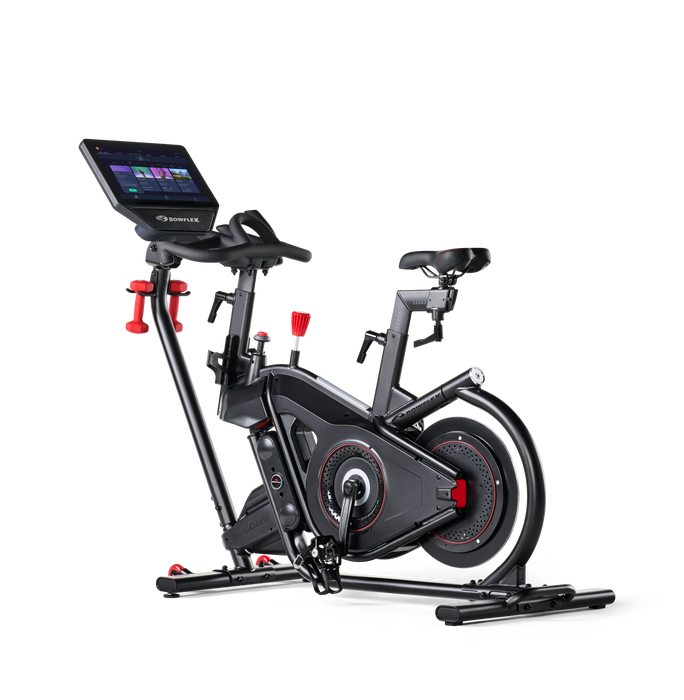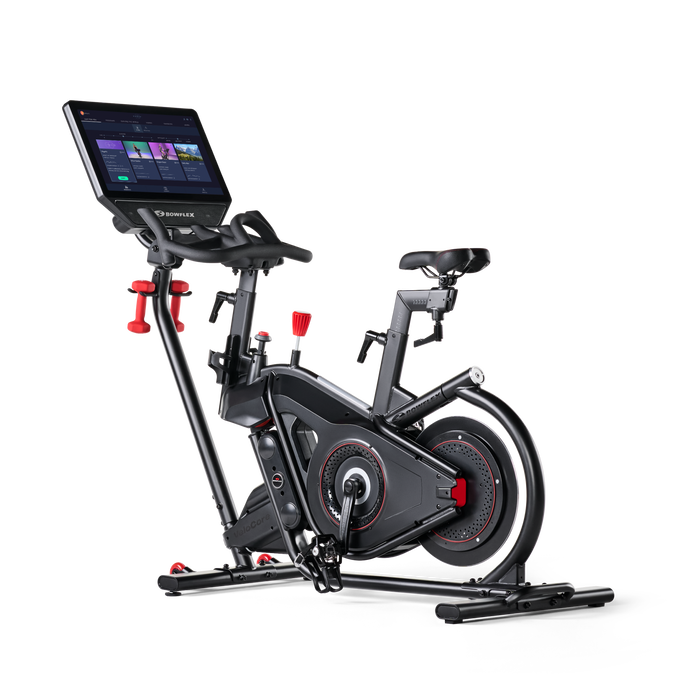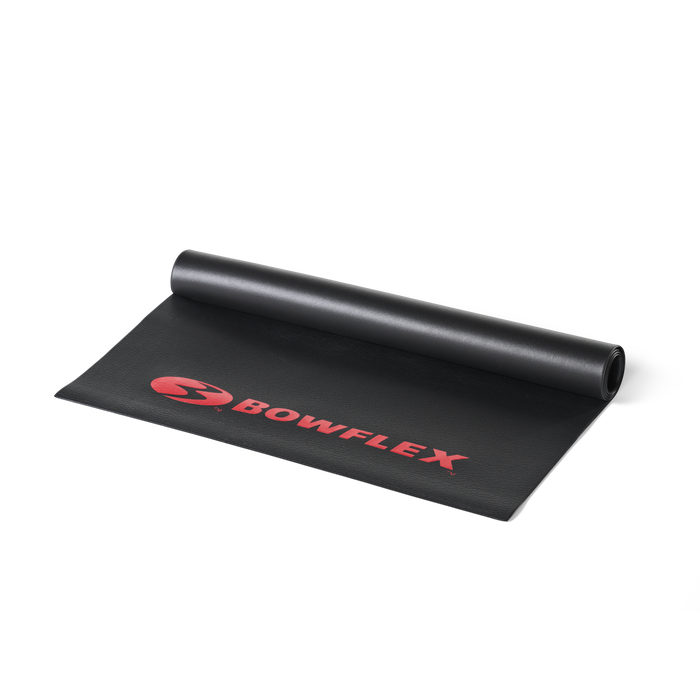Posted On Nov 13, 2013 By Erin Kuh, MBA, RD
Eating for two? Research is increasingly showing that prenatal nutrition can impact the baby's health later in life. Follow these guidelines for a healthy pregnancy to ensure a solid start for your baby and a better experience for you during and after your pregnancy.
I recently gave birth to my healthy now 3-month old daughter, so I speak from experience as a new mom and dietitian!
- Let go of the mindset that you need to eat for two. Eat 5-6 small meals, amounting to 200-300 extra calories per day beyond what you normally eat to prevent excessive weight gain.Healthy weight gain is considered 25-35 lbs. for someone starting out at a healthy pre-pregnancy weight.
- Take your prenatal vitamins! Your baby and body require extra nutrients, and even if you eat a well-balanced diet, you should still take a prenatal vitamin, especially for extra iron and folic acid. Because your blood volume increases by 50% during pregnancy, extra iron is needed to carry oxygen in cells. Without adequate iron you risk becoming anemic. Additional folate or folic acid is needed to prevent spina bifida, or spinal cord abnormalities in your baby. Look for a prenatal vitamin with chelated iron to prevent an upset stomach common with taking iron supplements. If you're planning on getting pregnant, start taking your prenatal vitamins now.
- Consider taking an omega-3 fish oil supplement to get the healthy fats your baby needs for brain development without having to risk eating contaminated seafood. Look for "molecularly distilled" on the bottle, which means all toxins have been tested for and removed.
- Heartburn and acid reflux remedies: Eat papaya during a meal or dried papaya after a meal, chew gum and sip on water. Papaya contains papain, a digestive enzyme that can ease that irritating burning sensation common during the last trimester.
- Nausea remedies: Pretzels, ginger tea, bland foods, eating slowly and small amounts, and Vitamin B6. (I tried Prego Pop candies, but they didn't help.) Your doctor can prescribe an anti-nausea medication, but some of the side effects could include extreme drowsiness.

- Pack snacks and water to prevent low sugar and feeling faint, especially during the first trimester when your body is going through the most changes. Snacks that have protein and carbs work best. My favorites include Greek yogurt, Kashi Almond Flax bars, nuts and apple, or nitrate-free turkey on a small high-fiber wrap.
- Fiber fiber fiber! Keep your pipes from getting plugged (if you know what I mean!), which is common during and after pregnancy by eating lots of fruits and vegetables, beans and whole grains. Fiber will also help keep you full longer and maintain more even energy levels.
- Go easy on the alcohol and caffeine. Better yet, cut them out entirely. Research on alcohol is mixed, so play it safe by switching to non-alcoholic beer or alcohol-removed wine. The equivalent of having one cup of coffee per day is fine.
If you're reading this because you're pregnant or hoping to get pregnant, congratulations! Here's to you giving your baby the best start possible! Look for an upcoming blog post with tips to lose the baby weight.

